
LGBT
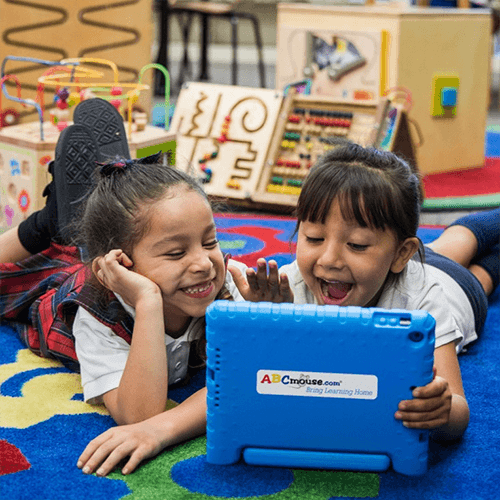
We sat down with Tides Senior Advisor Shauné Zunzanyika to learn how she applies the idea of Daring Change in her work with Tides partners, particularly those innovating in quality education.
You work with a variety of Tides partners who are committed and dynamic. Can you tell us about a couple of partners who are taking on truly daring work?
One that comes to mind is Girl Rising, a group executing mass media campaigns to catalyze action for investment in girls and their education, fueling the global movement for girls’ equality. While education has been lifted up as a pathway out of global poverty, Girl Rising shines a light on the fact that millions of girls are missing from classrooms, facing barriers that boys don’t often face: early marriage, sex trafficking, domestic slavery, and gender-based violence. They use the power of story to inspire girls to go to and stay in school, to create a different future for themselves and to galvanize communities to break down the barriers holding girls back. They also fund scholarships for the ongoing education of 7 young girls across the globe, with the commitment of seeing them through to graduation.
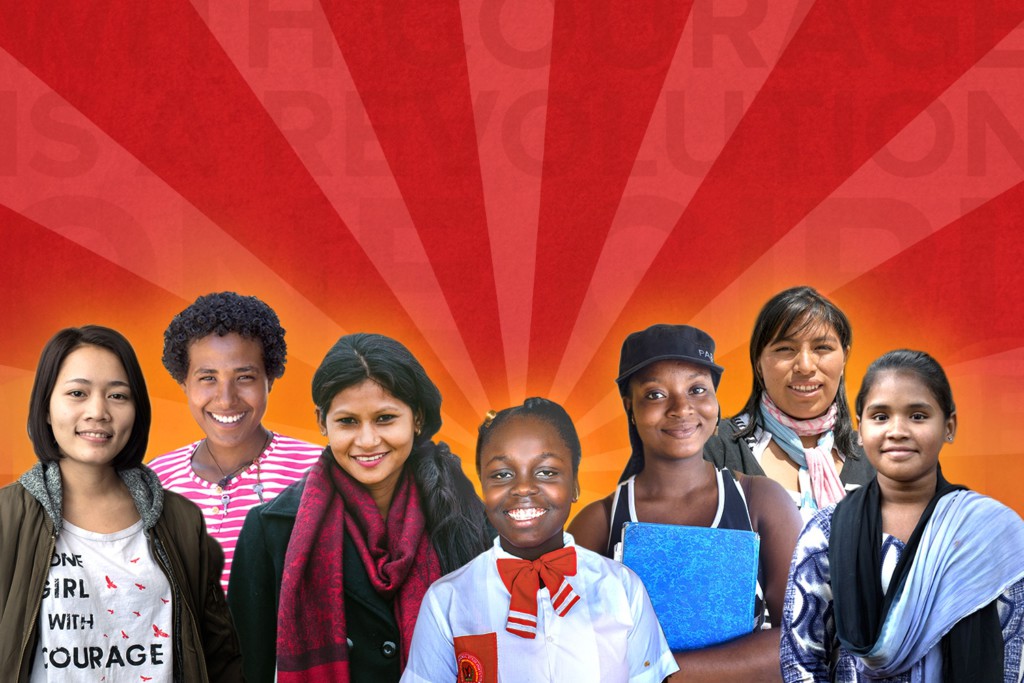
Girl Rising
I’m also really excited about Bring Learning Home, an initiative created by our partner Age of Learning. Their flagship product is ABCmouse, a comprehensive digital learning resource for kids from 2-8 years old that teaches literacy, language arts, math, science, and more. As part of their corporate philanthropy, Age of Learning created this initiative to bring early learning resources to families who are furthest from opportunity through innovative partnerships with philanthropic funders and community organizations. For the past year, this initiative has been providing public libraries in the San Francisco Bay Area with access to ABCmouse for patrons to check out and use at home. In the first year of this program, over 3,000 children checked out materials, completing more than 360,000 learning activities. Recently, the initiative expanded to Detroit through an innovative partnership with the United Way and GM Foundation to serve families via public libraries, community centers, and laundromats.
Age of Learning came to Tides after launching Bring Learning Home to help accelerate its impact domestically and abroad. They are now working across several states and internationally in Costa Rica, where they are partnering with a private philanthropist to help local students learn English through data-enabled tablets loaded with ABCmouse. In addition to providing tablets and software, they also conduct training workshops and offer family engagement activities, so that parents can help their kids learn.
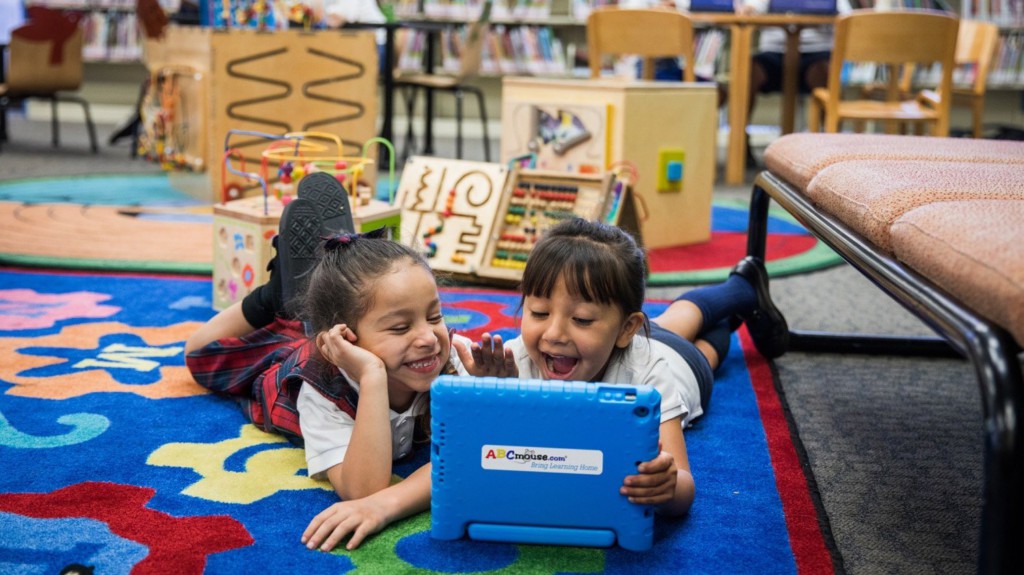
Students using ABCMouse from Age of Learning
As shown by extensive efficacy research, programs like ABCmouse can help children build a strong foundation in math and literacy skills that dictate a child’s long-term success in school. According to the Campaign for Grade Level Reading, another one of Age of Learning’s partners, only 48% of learners from low-income families are entering kindergarten prepared for school. Less than 20% of those students are reading at grade level by the end of third grade. We want to be part of changing those statistics with approaches that go beyond traditional learning models.
That’s part of what makes this project daring: I haven’t seen any other programs in which kids who lack access to the most cutting-edge tools can engage with them at their own pace, in their own homes. They don’t have to go to the a specific place at a specific time. Bring Learning Home is the product of truly understanding what low-income families go through, helping them with resources that can withstand the busy schedules of parents with multiple jobs or long commutes. They meet children where they are. And they aren’t doing it on their own; in addition to the Campaign for Grade Level Reading that I mentioned, they’re also partnering with HUD, Connect Home, the YMCA, Little by Little, the White House, and other educational organizations.
How do you, in your role at Tides, help accelerate daring change?
I see myself as a partner in every sense of the word. On a higher level, I help our partners think through the impact that they want to create, and how to make it real. I draw on our networks in order help them share experiences, best practices, and inspiration. Many of Tides’ partners come to us because of our committed focus on challenging social inequities, finding the root cause of particularly entrenched issues, and institutional change. So I always keep those underlying social justice goals in mind, whether we’re talking about the big stuff or the small stuff.
On that note, I also love that Tides works behind the scenes. I see myself as someone who handles a great deal of the details – back-office work, researching contracts, executing grant payments – so that our partners can stay engaged with what’s happening on the ground.
I help our partners think through the impact that they want to create, and how to make it real. I draw on our networks in order help them share experiences, best practices, and inspiration.
How does Tides do so in its relationships with partners?
Tides is a hub for connecting people and ideas. We help our partners learn, build on each other’s successes, and learn from each other’s failures. If you’re a part of our community and you see that someone else in the network is working on legislation that could help your cause, or that they’re organizing in a space where you have expertise, we’ll help create connections that build movements and serious change.
The Tides approach involves five key elements. Can you expand on how one or two of them play out in the work of Tides and its partners?
I’m constantly asking myself: is philanthropy creating fertile ground for the next set of entrepreneurial, courageous, innovative leaders? Are we creating ways in which their ideas can be seen, and an environment in which they can be connected to funding and support? I do believe that when we embark on a partnership, we fully embrace risk in order to understand ideas that haven’t been heard before. A lot of our work is an iterative process; we’re really good at figuring out what’s needed in order to deliver something truly daring. We might have a partner come to us and say, “Can we do x? If so, how?” Our tools, nuanced perspective, and global experience help our partners think through big ideas and zero in on the best way to make it real.
Bring Learning Home is a great example of embracing risk. This is a new model; it’s unproven. Age of Learning and its partners don’t necessarily know that it will work. But they see the problems for children in our communities, and they have a unique angle on what can be done to address those issues. And Tides is there with them, to help in any way we can. After decades of experience, we know that the most impactful ideas come from people who are willing to be daring – to step out ahead and invite others to come with them – in service of lasting social change.
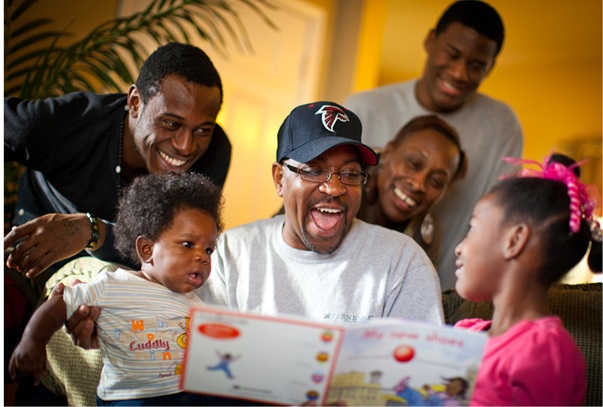
Campaign for Grade Level Reading
Prioritizing ideas that scale is also very important to Tides. We love working to create serious systems change. One innovative social venture I helped to accelerate was Campaign for Grade Level Reading. They’re truly working to re-envision primary education, with ripples that will affect students at every level of learning. Their growth has been phenomenal, going from 5 communities to over 300 now, with a broad base of support that’s growing state-by-state. When they launched in 2010, they wanted to be working in at least 12 states and 24 communities by 2020, increasing by 100% or more the number of kids reading at grade level in those areas. Today, they’ve completely blown past that. I’m proud that we were a part of seeing that vision and supporting their expansion.
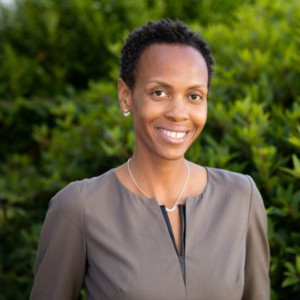
Shauné Zunzanyika is a Senior Advisor at Tides, where she’s been working since 2014 to help Tides’ partners create daring change.

LGBT
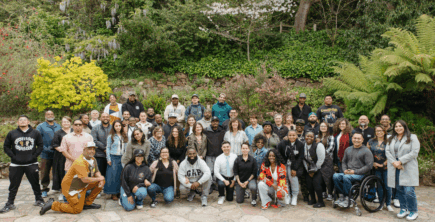
Corporate Partners

Philanthropy

Read the stories and hear the voices of social change leaders fighting for justice.